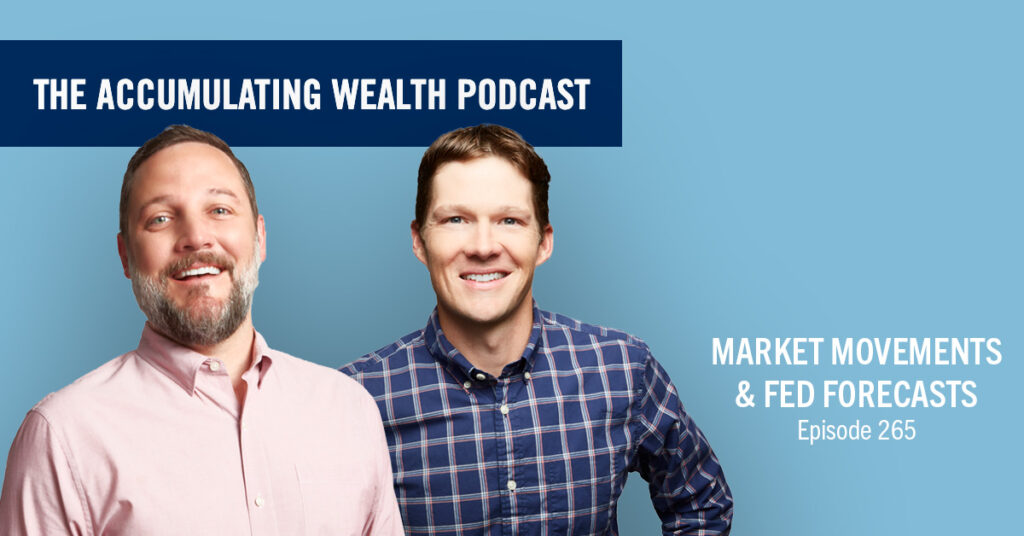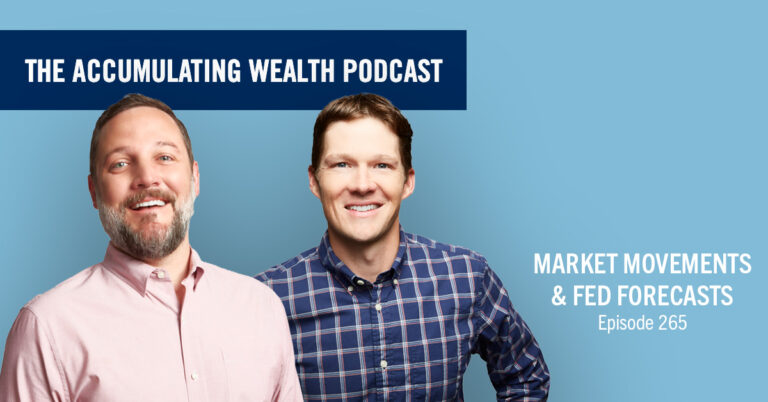What to consider before this popular but risky trend
Although day trading can seem exciting, adventurous and easy, many experts are sounding the alarm on the boom in day-trading and retail investment activity.
Most investors take years for their money to mature, but day traders get everything done before the bell rings. Since the coronavirus pandemic started, day trading has gained traction, partly due to government stimulus measures, free trading apps, a resurgent bull market led by technology companies and extra time.
Charles Schwab, Interactive Brokers, Etrade and TD Ameritrade all surged in popularity in recent months. Online platform Robinhood has added more than 3 million accounts in 2020 so far. At Charles Schwab, the average of 1.6 million daily trades for the second quarter in 2020 was more than twice the 2019 average of 716,000.
Pandemic day traders seek to capitalize on the current market uncertainty. In theory, a constantly fluctuating market can create opportunity for earning. However, day trading, during the most stable times, can lead to serious losses.
“If history has taught us anything it is that long-term steady growth is truly the key to accumulating the most assets,” CPA and Investment Advisor Hunter Satterfield says. “It requires patience, behavior management, strategic decision making—all the things that the quick, impulsive nature of day trading doesn’t allow for.”
On the other hand, one of the main risks of any investment is loss, yet we all still do it. In the case of day trading, assuming you are not putting all your money in the market each day, is a little a good idea?
Assuming investors have the right priorities in place, are leveraging the proper source of investment and have processes set up to ensure checks and balances—there doesn’t have to be any harm in dipping your toes in the water.
But to ensure that is indeed the case, Hunter advises his clients to consider the following before jumping into any short-term investment.
What to consider before day trading (or any short-term investment)
1. Source of Investment:
Is this intended to be a component of your long-term successful retirement plan? It shouldn’t be. Due to the complex nature and unpredictability of markets, you should not use money for day trading that you need for your retirement, taxes or child’s college fund.
This type of investment should be made with discretionary income. Look at it as an account that, if successful, could fund an extra vacation or luxury purchase—never something you are counting on for retirement.
Additionally, ensure any money you are using is not sacrificing any saving in a tax-deferred environment. Many new traders likely aren’t aware they are trading in taxable accounts, where each sale has tax effects. Next year, many could be surprised to receive long tax forms for 2020.
2. Risk Tolerance:
What is your personal tolerance for losses? Look at this both emotionally and financially. Any stock that can go up on a daily or weekly basis can just as easily go down. What has been made clear during this pandemic is that the economy is disassociated with the stock market. With common indicators out the window, it makes these types of investments even more uncertain.
How much volatility can you stomach? Think through this not only from your monetary investment but also from the level of emotional stress this may bring during an already crazy time. Confidence in the source of your investment, as well as the two other considerations listed below can help conciliate much of this.
3. Behavioral Management:
The long and short of it is, our emotions and behaviors affect the decisions we make every day. But, when it comes to decisions around when and what to invest in—acting on a whim, a buddy’s “tip from a friend,” or an anxious feeling can often lead to trouble.
Do you have a process in place on a micro level to determine when to get in/out of this stock, and a macro level to know when to stop investing all together? Ensure that line of demarcation is in place before making any investment.
4. Investment Philosophy:
- Your investment philosophy is a set of beliefs and principles that guide your decision-making process. Do you have one? If you have not considered your investment philosophy, then you shouldn’t be doing this yet. Consider sitting down with your advisor to put pen to paper to confirm where you stand on the following investment beliefs:
- Asset allocation
- Behavior control
- Keeping fees low
- Loss avoidance
- Rebalancing
- Tax efficiency
Be Wary of Momentum Trading
In times like this, there is little value tracing or research going on. Rather, it’s all momentum trading, which is great, until it’s not. When the majority are making decisions based on popularity or emotions, risk increases. When the market resettles, and it’s no longer momentum based, we must return to analysis to really know what to buy.
That is why it is important during periods like we are experiencing to temper emotions and to continue to employ disciplined fundamental research when making investment decisions, combined with risk management for overall portfolios.
Remember, mania-like periods in the market can end as quickly as they began.
Need help creating a solid investment strategy that supports your long-term goals? CWA can help. Our planners have over 30 years of experience helping dental professionals find financial freedom in their personal lives and professional practice.














